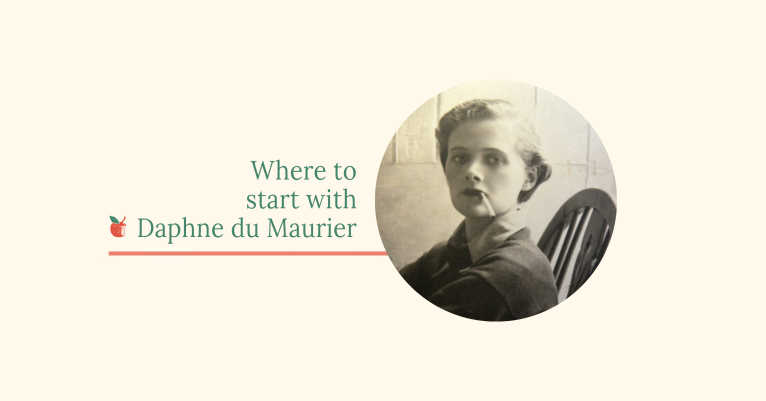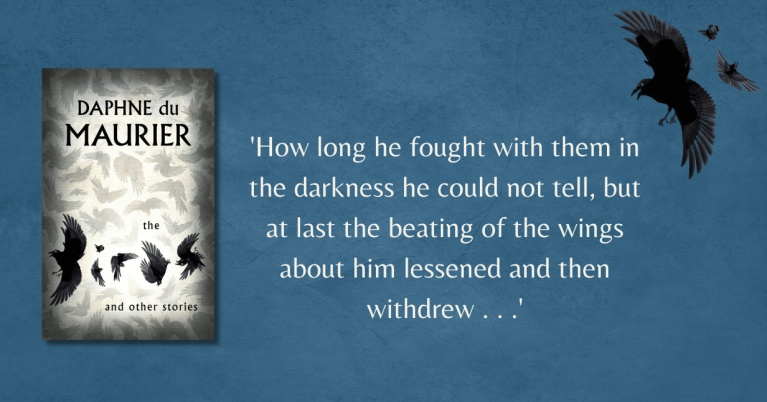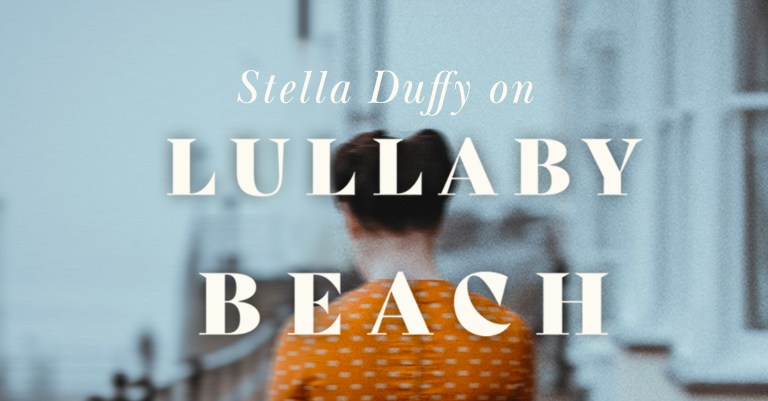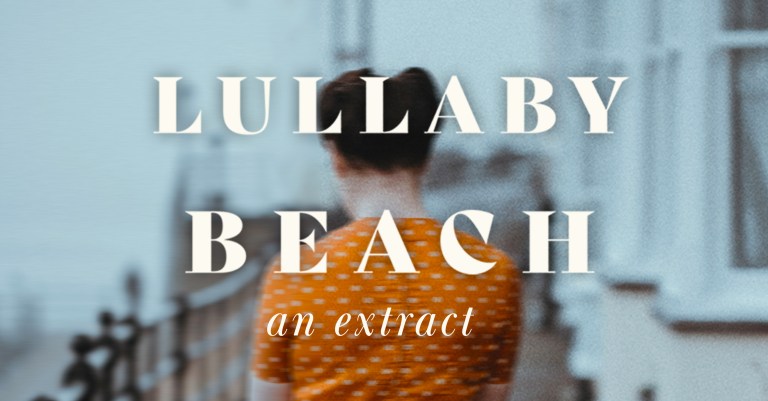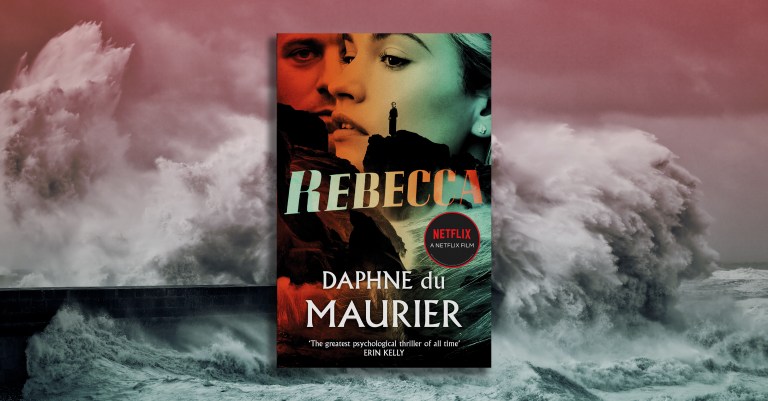A Q&A with Stella Duffy
Stella Duffy OBE, is an award winning Virago author and a playwright, journalist and screenwriter. Here Stella speaks to Virago Deputy Publisher Sarah Savitt about what makes writing crime special, and gives some advice for those entering the Virago / The Pool New Crime Writer Prize.
You have written in an incredible variety of genres and mediums: literary fiction, crime, plays, journalism, short stories, a TV documentary… What is particularly special – or challenging – about writing crime in particular?
The thing that excites me most about crime fiction is how strongly it gets to grips with what really matters in our society – the disaffected, those rejected by the mainstream, deprivation and poverty. Any writing can, and perhaps should, do this, but crime fiction does it of necessity. This means that – as a genre – crime writing must deal with uncomfortable truths, painful realities, so that, far from fiction being an escape from a difficult world, it is a vital part of understanding our difficult world.
A house is central to your new novel, The Hidden Room. Why is location important in crime fiction?
Location is important in all of my writing – I believe we are shaped by our landscapes, by the day to day of where we are, what we see around us, where we locate ourselves as human beings. Crime fiction in particular has a long and venerable history of being location-centred – think of Conan Doyle’s London, Chandler mean streets, Christie’s not-so-peaceful villages – all of them use location to inform and influence both character and plot. When we write crime fiction we are asking the reader to come with us in what is often a dark or difficult journey, a clear and believable location gives the reader something solid to hold on to – it also gives the writer a very useful base form which to create story.
Your new novel also features a devastating secret. How much do you know about your characters’ lives and secrets before you start writing, and how much do you discover along the way?
Whatever I’m writing, the bulk of my work is in rewriting. While I always have a few points I know I will reach, the beginnings of characters and place, I rarely know the full story before I start any novel. Once I get going on the first draft, stories begin to show up –two characters might collide setting in motion a chain of events, a secret might be revealed or begin to cause complications. Lies and liars have been the mainstay of my crime writing, I’m always interested in the falsehood we tell ourselves and others – sometimes with the best of intentions, but rarely without consequence.
What would your advice be to someone starting to write their first crime novel?
Read a great deal and widely. Read noir, hard-boiled and cosy, historical crime and contemporary, series and standalones. Don’t assume you’re one type of writer just because you enjoy one type of writing. Read writers in translation and writers from a hundred years ago. Don’t start until you know at least one important plot point – and don’t stop until you have surprised yourself at least once.
Is there a crime novel you think everyone should read?
All of Patricia Highsmith’s Ripley novels, her work is cool, stylish, sharp, and often surprisingly funny as well as intensely dark and unsettling. And, not a standard crime novel, but dealing deliciously in secrets and lies – Daphne du Maurier’s The Scapegoat
Stella Duffy has written thirteen novels, over fifty short stories, and ten plays. She has twice won Stonewall Writer of the Year and twice won the CWA Short Story Dagger. HBO have optioned her two Theodora novels for television. In addition to her writing work, Stella is a theatre-maker and the co-director of the national Fun Palaces campaign for greater access to culture for all. She was awarded an OBE in 2016 for her services to the Arts. Her website is www.stelladuffy.wordpress.com. Her new thriller, The Hidden Room, is published on 11th May 2017.
With the Virago/The Pool New Crime Writer Award, we want to discover an exciting new female writer for the Virago list who is writing a suspenseful, intelligent, original crime or thriller novel. Find out more, and how to enter here.

